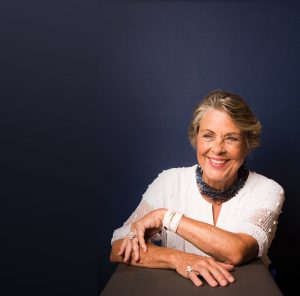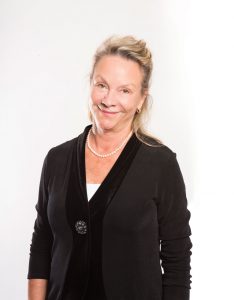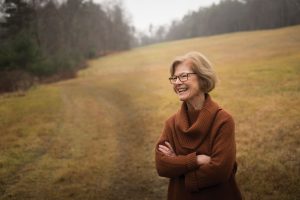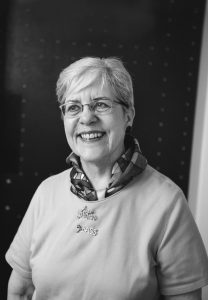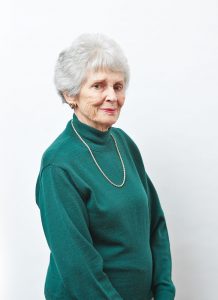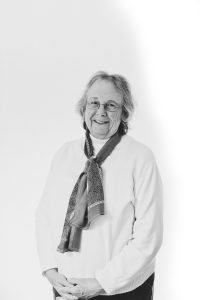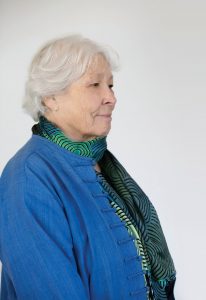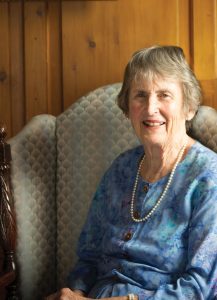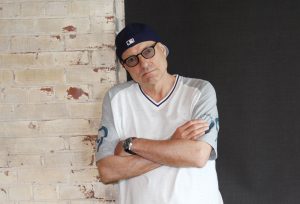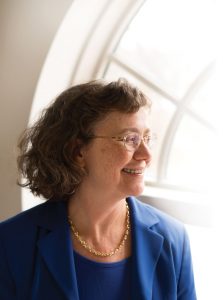
In a ground-breaking career, attorney Ann Futter Lomeli ’73 was the first female Corporate Secretary (think Secretary of State, not administrative assistant) for two major American companies—Connecticut Mutual Life Insurance and MassMutual. After the enterprises merged in 1995 (“What is it about me and mergers!” wonders Futter, who was a student during NSFG’s merger with Williston), she went on to become co-General Counsel at MassMutual—the first woman ever to hold that position in the Fortune 500 company’s 165-year history. Through it all, she has maintained close school ties, keeping up friendships with classmates and twice serving on the board of trustees.
What were you like as a student?
I think of myself as starting out as shy, but I don’t know that I really was. I remember a girl from Brazil entering school in the middle of one year. I saw her standing all by herself, so I introduced myself and we became very good friends. If I really had been shy, I probably wouldn’t have done that. I was friendly with people. I tried to get along with everyone. That’s what you have to do. I think being involved with sports boosted my confidence.
What sports did you play?
I played soccer, basketball, and softball. Eleven varsity letters. I have those somewhere. One stand-out moment was a soccer game against Stoneleigh Burnham. Northampton had not beaten Stoneleigh for several years. I got the ball and as I ran toward the goal I heard someone behind me calling, “Kick it, kick it in!” but I kept going until I could see the whites of the goalie’s eyes. She looked terrified. And I went, wham! And in it went! We won by a score of 1-0 and my teammates carried me off the field. It sticks in my mind even though it was 46 years ago in 1969. Forty-seven years ago! Oh, my gosh.
Did you participate in other activities?
I was with the school newspaper, Pegasus, from the start. My senior year, after Northampton merged with Williston, I became co-Editor-in-Chief of The Willistonian with a boy named Geoff Van Anda ’73. I was a tutor and I was in the chess club. Newspaper and sports stand out, because I put in so much time. One of the things about the paper was that I did a series of articles about the merger while it was being planned, so I knew more details than many students. I interviewed Nate Fuller, the headmaster. I was a sophomore and that was exciting and intimidating, going up to his office to interview him.
What Impact did NSFG have on you after graduation?
I think it gave me a lot of confidence. Not to mention a good education. I went to Yale and I was fully prepared. I loved NSFG, I loved meeting all the kids, loved the opportunity to do things that interested me. I was able to take three languages, Latin, French and Spanish. Also, I would say the whole merger thing translated to Yale, which had just gone coed. I ended up co-chairing the Yale Undergraduate Women’s Caucus.
Do you have any advice for current students?
Take advantage of whatever opportunities you have. Try new things. Enjoy the experience. The experience is what you remember.


